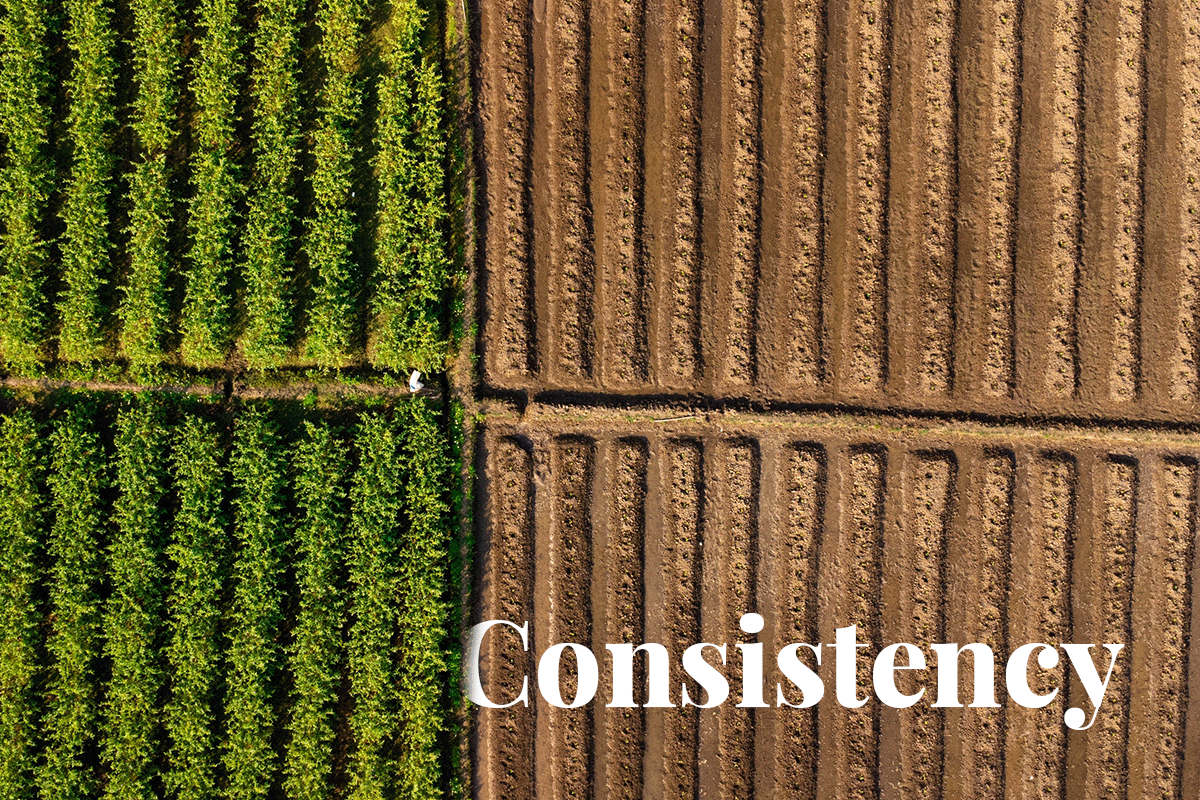US-based carbon registry Verra released a draft of its consolidated methodology for avoiding unplanned deforestation, an integral part of REDD (Reducing Emissions from Deforestation and Forest Degradation) projects. This move comes weeks after some reports raised concerns over the integrity of existing REDD baselines, affecting nature-based carbon credit prices. The new draft methodology is set to revolutionise carbon accounting integrity by leveraging the most up-to-date science, data, and technologies, thus ensuring unparalleled integrity.

Verra previously ran a public consultation on updates to avoiding unplanned deforestation methodologies. However, in its latest update, the registry decided to transition to its new consolidated REDD methodology as soon as feasible. The standard has also stated that by the end of 2025, all REDD projects will use the new method.
The new draft methodology seeks to replace five separate methodologies for avoiding unplanned deforestation with one consolidated methodology. Over time, the methodology will expand to cover planned deforestation as well as unplanned forest degradation. Additionally, the tidal wetland methodology will eventually move to a jurisdictional approach. The move to a jurisdictional approach will involve a state-level cap on credit issuances and a deforestation risk map to allocate credits between REDD projects within each state, essentially taking key baseline decisions out of developers' hands.
Read more: Why is the Guardian so negative about conserving rainforests?
Verra published a formal request for forest jurisdictional activity data, risk mapping, and activity data allocation to support the implementation of the new methodology. The registry has identified the Brazilian states of Acre, Amapá, Amazonas, Pará, and Rondônia, as well as Cambodia, Colombia, the Mai-Ndombe Province of the Democratic Republic of the Congo, Tanzania, Zambia, and Zimbabwe as the first jurisdictions for data collection. The standard requires a minimum 30-metre satellite resolution for pre-2015 images and 10 metres after that, fitting the parameters of the European Space Agency's Sentinel mission that provides free data.
The draft methodology was also sent to the US-based independent auditor Aster Global for review. Verra published the draft methodology to ‘support stakeholders planning new projects or transitioning existing ones’ and welcomes input on practical details as it undertakes the final revisions of the methodology. The registry is finalising revisions to the risk mapping and allocation procedures, which it said is integral to implementing the methodology.
Julianne Baroody, the senior director in charge of the methodology change, said in a webinar last Thursday that all jurisdictions with existing REDD projects will hopefully be covered by the end of 2024. The registry is accepting input from stakeholders and finalising the methodology change. Several data providers have reported that they are already working on their submissions. Vera's chosen deadline is in 10 days, while supplemental data can also be submitted under a separate call.
In conclusion, Verra's new draft methodology seeks to address the concerns raised about the integrity of existing REDD baselines. The registry's move towards a jurisdictional approach with a consolidated methodology aims to ensure the integrity of carbon accounting and allow for the use of the most up-to-date science, data, and technologies. Verra published a formal request for forest jurisdictional activity data, risk mapping, and activity data allocation to support the implementation of the new methodology. The final publication of the new draft methodology is expected in the third quarter of 2023.
At DGB Group, we are thrilled to see the new draft methodology that ensures greenhouse gas accounting integrity and allows for using the most up-to-date science, data, and technologies. This is a significant step towards establishing strict industry guidelines for managing large-scale nature projects and contributing to the healthy evolution of the nature market.
As a company focused on sustainable investment and environmental restoration, we believe that the success of the nature market is vital to achieving our business goals while also positively impacting the environment. By participating in the nature market via nature-restoration projects, carbon and biodiversity credits, and green bonds, we can help companies and investors reduce their carbon footprint and contribute to a greener, more sustainable future. The potential for growth in the nature market is enormous, and we are excited to be at the forefront of this movement, helping to shape the industry and drive positive change for the planet.
Contact our experts to get to invest in nature-based solutions



